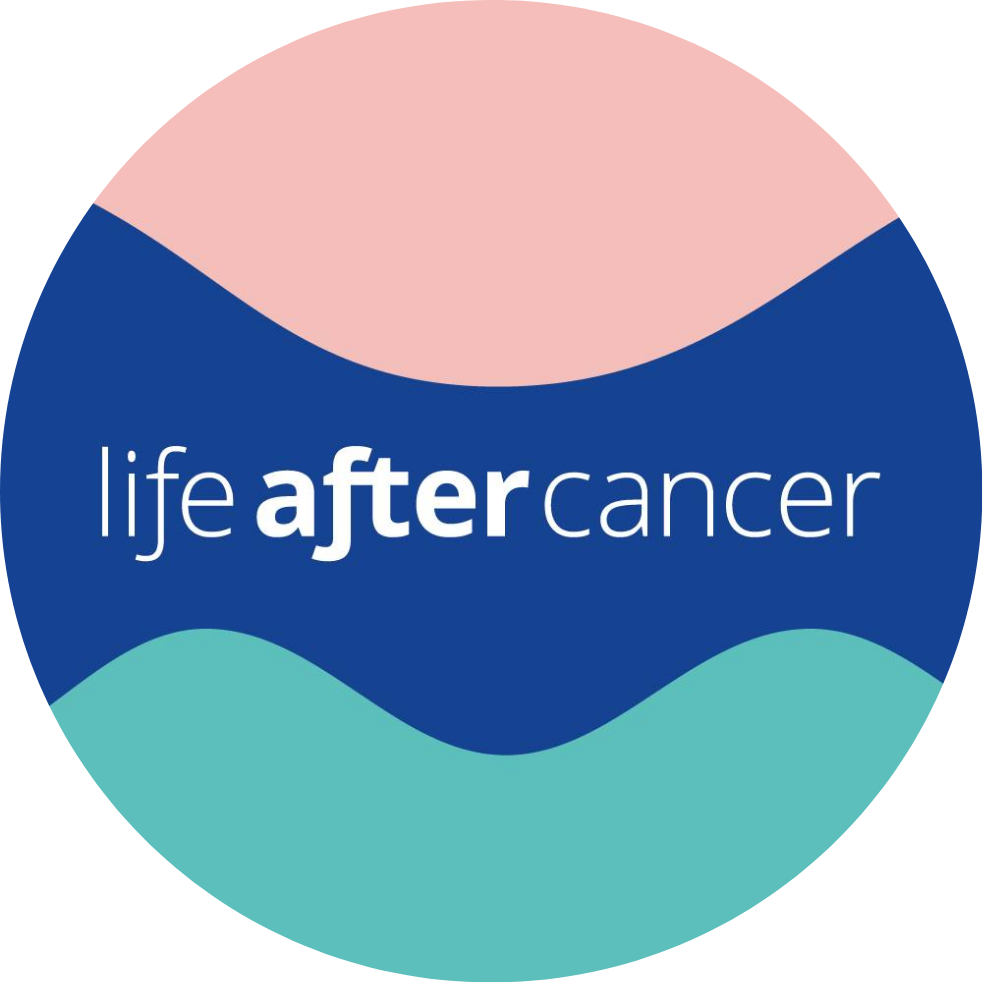A nutritionists food recommendations after cancer
- Life after Cancer

- Sep 14, 2022
- 2 min read
Updated: Sep 19, 2022

Meet Monika Siemicka
Specialist dietician
Monika (She/her) - White
I am learning. I am grateful. I am brave.
Nutrition can play a really big role, not only during cancer treatment, but afterwards too.
"Trying to figure out what you feel like eating whilst also getting lots of information from well-meaning friends and family, not to mention what’s on social media, can leave your head spinning."
So I just wanted to post a few words here to say that firstly, it’s ok to be confused about what to eat and secondly, the good news is that it doesn’t have to be complicated.
There are a few questions around the nutrition and cancer topic that come up time and again and so I have answered a couple of them here.
Should I be following an alkaline diet after cancer?
This diet is said to alter the pH (acid/alkali) balance of the blood by eating more alkaline and less acidic foods. It is based on the idea that cancer cells prefer acidic environments and so if you change the pH of your blood to more alkaline, the cancer cells won’t be able to thrive. However, it is not possible to alter the pH of blood.
Our bodies maintain a strict pH balance by using a number of mechanisms, a pH outside of a healthy range (~7.4) would make someone critically ill and require urgent medical treatment.
We excrete acids in our urine resulting in a change in urine pH, this doesn’t equate to the pH of our blood changing though.
Should I avoid sugar after cancer?
Some people believe that sugar makes cancer grow but all cells, not just cancer cells, rely on sugar (glucose) for energy.
Cancer cells have an altered glucose metabolism. This means they are not as efficient as normal cells at making energy from glucose, so they need to take up more.
Our bodies are able to make glucose from non-carbohydrate sources by breaking down muscle and fat which means that there is always glucose circulating in our blood stream, even if we choose not to eat sugar.
There’s no need to avoid sugar completely and although we don’t need sugar in our diets from a nutritional perspective, it can be important for other reasons - like celebrating with a slice of birthday cake at your grandmother’s 90th or just enjoying dunking a biscuit into your cup of tea. Both can be done guilt-free!
Is it ok to have dairy after cancer?
In a word, yes (unless you have an intolerance or allergy). There has been a lot of discussion around eating dairy and cancer but there is no evidence to suggest that it increases your risk of cancer or of your cancer returning.
In fact, research shows that dairy products reduce the risk of colorectal cancer. The use of growth-enhancing hormones is not permitted in the UK and any naturally occurring hormones found in milk will be digested and not used by our bodies.
If you would rather have a dairy alternative be sure to check that is has extra calcium added and choose one of the options higher in protein.



Comments